19, February 2020
After counterfeit twin poll, women on the front line to hold Cameroon together 0
When Gladys Mbuya spoke at the African Peer Review Mechanism meeting in Kigali, her voice shook. She described her life as an internally displaced person in the violence ravaging her country, Cameroon. Her pre-conflict status in life stands in sharp contrast.
Mbuya is the Queen Mother of Alatening village, and head of the women’s traditional village council of the village Tekumbeng, a throne inherited from her mother.
The contradictions continue — Mbuya is national president of the International Federation of Women Lawyers (FIDA Cameroon) and Vice secretary of the Cameroon Bar Association.
Of the 10 regions making up Cameroon, eight are French speaking and two are English speaking. After the First World War, Cameroon, previously a Germany colony, Kamerun, was given as war spoils to the French and British. The British had northwest region and southwest regions, collectively known as Southern Cameroons. The French had the rest. At independence, Southern Cameroons voted to join francophone Cameroon to become one united country. Since then, the minority Southern Cameroons have been marginalised socially, economically and politically.
Cameroon’s national assembly elections happened last week, for the first time in seven years. A series of controversial decisions saw them moved twice. Paul Biya has ruled Cameroon for 37 years courtesy of a constitutional amendment removing presidential term limits in 2008. The main opposition leader Maurice Kanto who ran for president, subsequently spending nine months in jail in 2018, is abroad.
In 2016, teachers and lawyers in the English-speaking regions started a peaceful protest against the use of French in schools and courts. The government reaction of using lethal force against peaceful protesters created separatists who declared independence and named the Southern Cameroons “Ambazonia.” The government conducted a violent military crackdown and detained separatist leaders.
Mbuya narrowly escaped arrest as the military dragged lawyers and teachers out of homes and taxis. Non-state armed groups and military clashes in her home forced her to seek temporary shelter. War has continued unabated in the Southern Cameroons with an estimated 3,000 lives lost and 700,000 fleeing their homes as internally displaced persons.
A number of leaders arrested include lawyers’ President Agbor Balla, Mimi Mefo, a popular Cameroonian journalist arrested over a Facebook post, and Michele Ndoky an opposition party lawyer who was shot and survived four bullets. Agbor Balla was detained for nine months. Women leaders, Mimi Mefo and Michele Ndoky were eventually released.
In all the above cases, fiery Mbuya appeared as pro-Bono defence counsel, defending the right to freedom of opinion, assembly, association and freedom of peaceful protest. The releases were through presidential pardon, with cases discontinued by the head of state without the courts hearing and handing down judgement.
Women have now organised themselves in conversations in markets and roadsides seeking solutions. Mbuya also leads intercommunity dialogues with women across the divides particularly through radio Buea “Voices for Women.”
The separatists boycotted last week’s elections and government predictably reacted with renewed violence. The separatists abducted English-speaking candidates, saying they do not see themselves in a government carrying out extra judicial killings.
President Biya, recognising the rising power of women, directed electoral positions in his party be split evenly among women and men. His directive to prioritise the young was however met with calls for 87-year-old Biya to lead by example.
The women want mediation more inclusive than the Grand National Dialogue announced by Biya last year. Separatists boycotted the dialogue, demanding release of political prisoners and withdrawal of the military from Ambazonia. The bar council has submitted proposals for peaceful resolution to the Government.
The women want the African Union involved.
Source: The East African
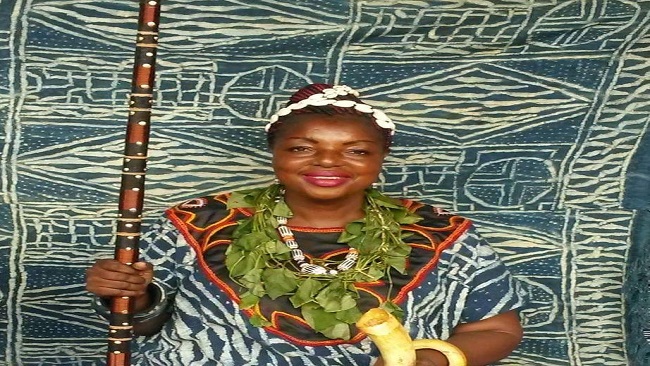


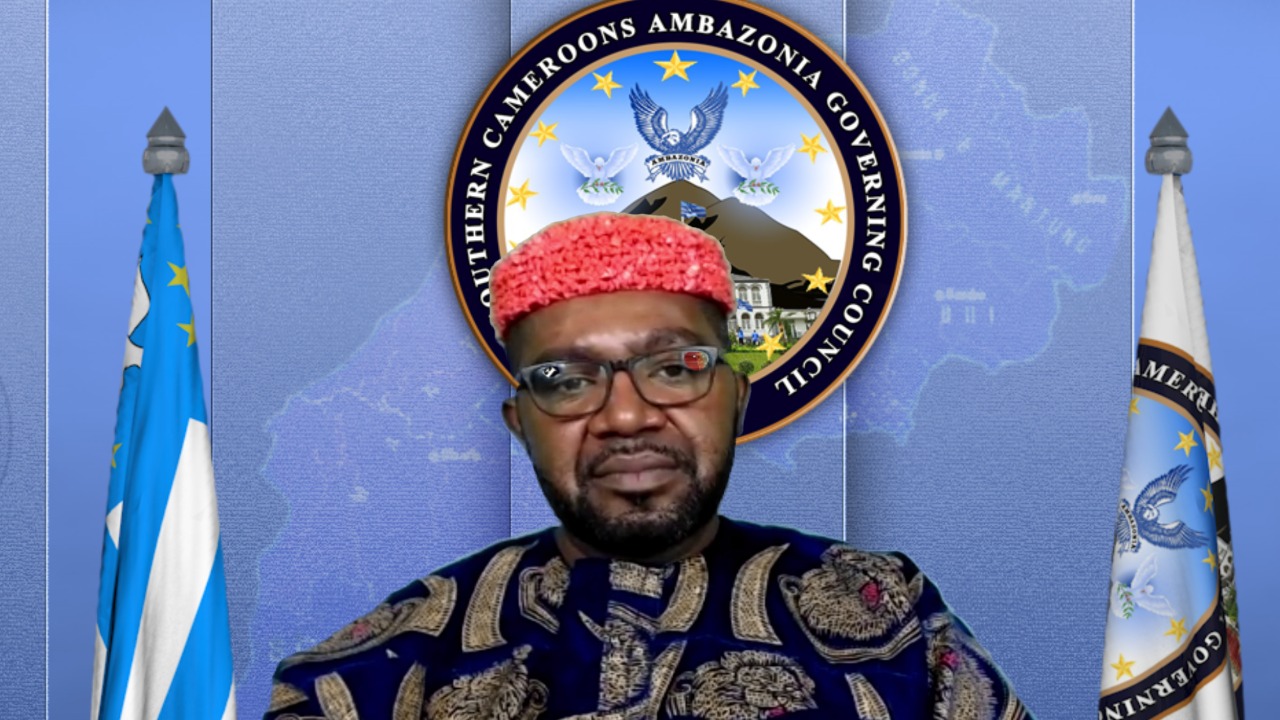
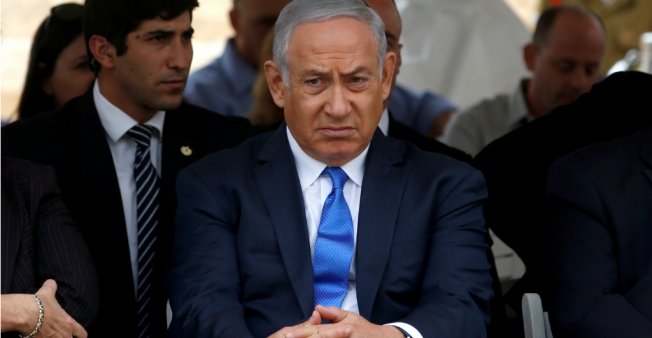

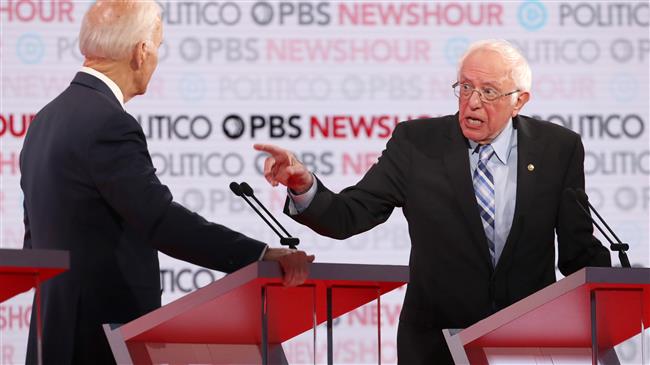



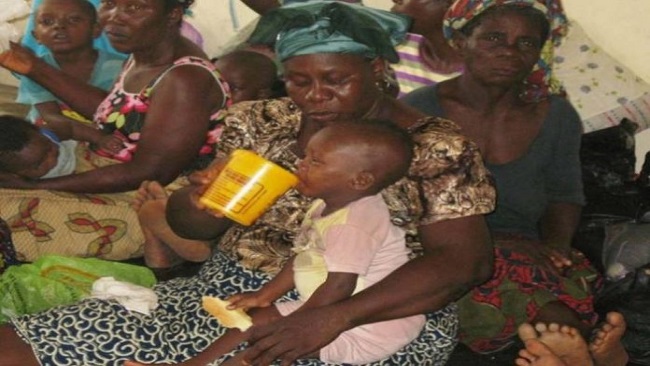

















19, February 2020
Roman Catholic Bishops urge Biya to hold peace talks with Ambazonians 0
Bishops from around the world have signed an open letter to the Cameroonian president asking that he participate in proposed peace talks meant to bring an end to conflict between the government and Anglophone separatists.
“We are motivated by our concern about the suffering of unarmed civilians, and the stability and prosperity of Cameroon,” 16 bishops from outside Cameroon wrote in a Feb. 17 letter coordinated by the Global Campaign for Peace and Justice in Cameroon. Bishop Thomas Zinkula of Davenport was among the signatories.
“We believe the proposed Swiss-led talks offer the best path to an appropriate political solution through inclusive negotiations,” the bishops continued. “The success of these talks will be critical in Cameroon’s journey towards ensuring peace and your legacy as an effective leader in a troubled region. It is our sincere hope that all interested stakeholders will join these talks and show a spirit of cooperation, pragmatism, and realism to ensure these negotiations succeed.”
They added that “only true peace will allow Catholic dioceses, clinics, and schools to once again minister safely to the blessed congregants and citizens of Anglophone Cameroon.”
The Cameroon crisis is rooted in conflict between the English- and French-speaking areas of Cameroon. Unrest has been ongoing since 2016, when the country’s Anglophone community began protests to demand the return of federalism after the government increased the use of French in schools and courts.
Some 3,000 people have died since the fighting began. According to the UN, there are an estimated 679,000 internally displaced people in Cameroon, and 60,000 Cameroonian refugees in Nigeria.
At least 600,000 children have been unable to attend school in the Anglophone Southwest and Northwest Regions, with most schools having been shut down.
The bishops told president Paul Biya, who has ruled Cameroon for 37 years, that “there will be no military victory for any side. A lasting solution to Cameroon’s problems must come from a mediated process that includes Anglophone armed-separatist groups and non-violent civil-society leaders. If all parties treat each other as they wish to be treated, a solution is possible.”
They noted that a Major National Dialogue held in October 2019 was laudable, but had not stopped the violence.
The dialogue had proposed that the Anglophone regions be given greater self-government, and the elction of local governors. In addition, Biya had ordered that charges against some 300 people held in connection with the Anglophone conflict be dropped, and opposition leader Maurice Kamto was released after nine months of imprisonment.
At least 22 people were killed in an attack on Ntumbo, a village in the Northwest Region, Feb. 14. Separatists blamed the government for the attack, but the government has denied involvement.
The area that is now Cameroon was a German colony in the late 19th century, but the territory was divided into British and French mandates after the German Empire’s defeat in World War I. The mandates were united in an independent Cameroon in 1961.
There is now a separatist movement in the Southwest and Northwest Regions, which were formerly the British Southern Cameroons.
Cameroon held parliamentary elections Feb. 9, which the local bishops noted took place in a calm atmosphere, but with low turnout.
The Cameroonian bishops noted that “four months after the holding of the Major National Dialogue, which proposed solutions for ending the crisis” in the Anglophone reigions, “we are still not satisfied with the situation in these regions.”
They added that “insecurity persists in spite of everything and has prevented many citizens living in these areas from exercising their civil rights.”
Source: Catholic News Agency